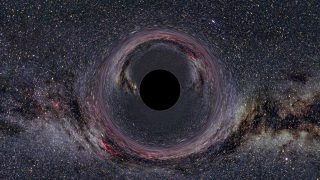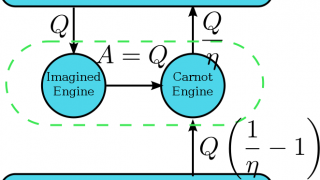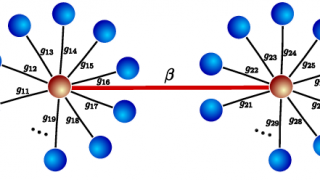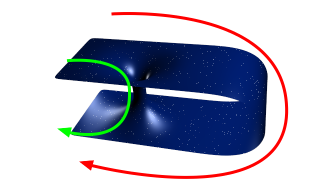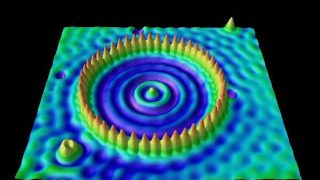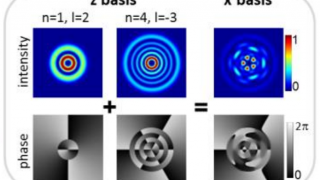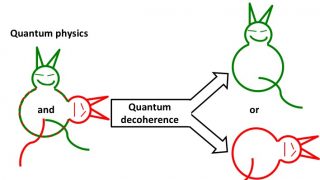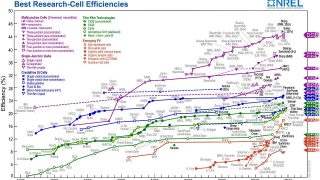
Quantum Thermodynamics V: Photocells
Sunlight is the most important energy source of Earth. All earthlings live thanks to the ability of plants and bacteria to transform solar energy into chemical one. As sunlight is a free, and practically unlimited, energy source it is easy to understand the general interest in finding efficient ways of transforming it into electrical power […]

